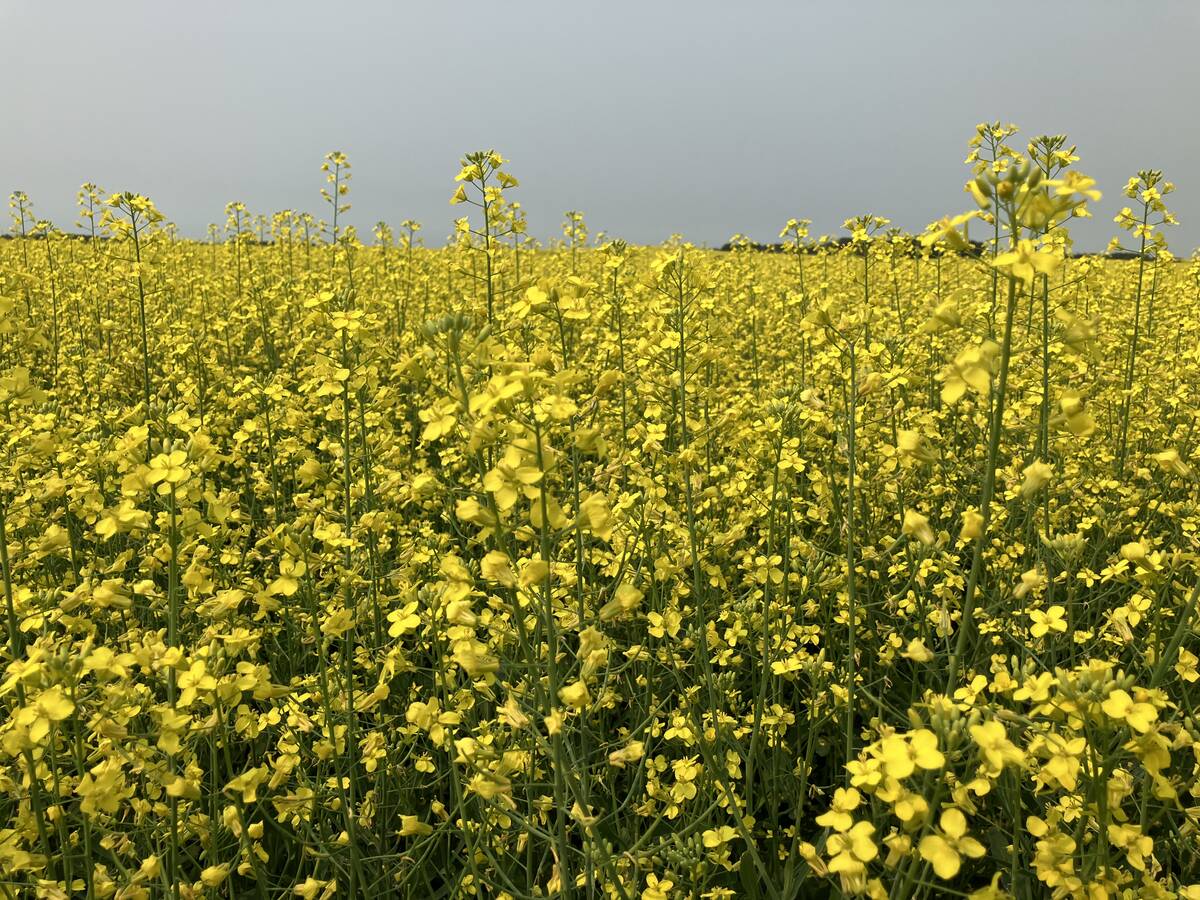Canadian cattle producers are reaping what the federal government sowed when it adopted an extreme approach to controlling bovine spongiform encephalopathy, says a risk management expert from the University of Calgary.
“No one thought of the economic risk of the one-case-and-you’re-out policy,” William Leiss told the Crop Life Canada annual meeting.
“Stupid.”
Years ago, after the huge outbreak of BSE in the United Kingdom, the Canadian government decided to ban beef imports from any country that had experienced a single case of BSE, Leiss said. Most other countries in the world adopted the same policy.
Read Also

Canola used in only quarter of Canadian biofuel
Less than one-quarter of the biodiesel and renewable diesel used in Canada in 2024 was made from canola oil feedstock
That doesn’t make sense for protecting either human health or the beef industry.
Leiss said all reputable studies show that BSE has only become dangerous when large amounts of infected material gets into the feed and food system, as happened in the U.K. where there have been hundreds of thousands of cases.
But a single case or a handful does not prove that a country’s entire beef system is infected, Leiss said. A prudent approach to BSE control would not have banned beef from countries with only a few cases, if those countries responded quickly and had reasonable rules on ruminant feed. That would have protected human health.
It would also have protected the Canadian beef industry from its present catastrophe, Leiss said. By accepting the policy that banned beef exports from countries that experienced a single case, Canada made itself vulnerable.
Countries like Japan, which have banned Canadian beef and are being criticized by many Canadian politicians and farmers, have acted understandably.
“We have no basis for complaint and we should not expect those borders to reopen any time soon,” said Leiss.
“This is not a case of trade protectionism. This is not a case of other countries being irrational. This is a case of other countries applying to us the same policy we apply to them.”
Leiss said the Canadian Food Inspection Agency was wrong to say that the risk of BSE occurring in Canada was “negligible,” because Canada still allows the use of some ruminant products in animal feed.
That reassurance did not prepare Canadians for the present situation and left the industry blithely ignoring a risk that could destroy it.
“It should never have happened,” said Leiss.
“It’s our own fault. And there are a lot of people in Canada that are going to pay a big price for it, and we are going to have to sit and watch this winter as huge pits are dug across the West and 600,000-700,000 perfectly healthy animals are slaughtered and dumped into them.”

















